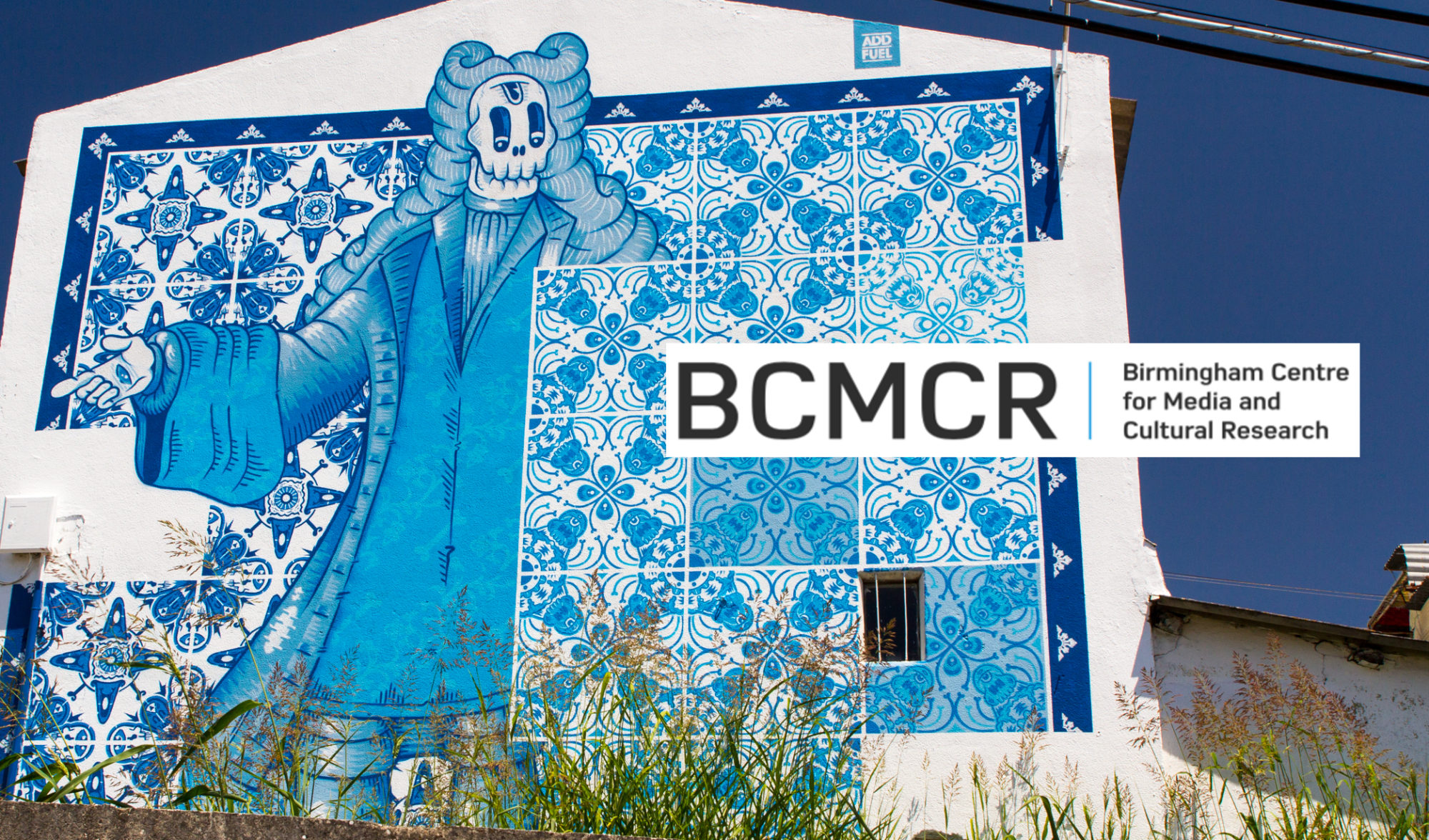by Dr Esperança Bielsa
(this is an extract from E Bielsa and A Aguilera, ‘Politics of Translation: A Cosmopolitan Approach’, European Journal of Cultural and Political Sociology, 4:1, 7-24.)
The fundamental ethnocentrism of translation, the reductive tendency that is present in any culture, makes it necessary to formulate a politics of translation in any cosmopolitan project. A politics of translation based on the ethical purpose of translating, which according to Berman is to open up in writing a certain relation with the other, to fertilize what is one’s own through the mediation of what is foreign. Invoking Derrida’s notion of hospitality, Ricoeur has stated that translators can find happiness in what he calls linguistic hospitality, appealing to a regime of correspondence without adequacy that does not erase the irreducibility of the pair of what is one’s own and what is foreign. Only linguistic hospitality understood as an absolute or unconditional hospitality that lets the strangeness of the foreign tongue arrive and does not hide it under a pretended equivalence or false familiarity will make it possible to fertilize what is one’s own through the mediation of what is foreign. Absolute hospitality, as Derrida points out, breaks with the law of hospitality as a right or as a duty. Beyond the obvious reason that an ethical translation of the other, that is, a translation that does justice to the difference of the other, is not contemplated in any regime of rights, one would need to approach a politics of translation based on linguistic hospitality as a responsibility and not as a right. In many instances, this responsibility not only anticipates the law, or is even positioned in certain cases against the norm so that justice can be done, but refers to the circumstances and conditions in which genuine communication can be established. This cannot be articulated from a rights based approach, which approves of any type of communication as long as nobody’s rights are infringed.
An identity that reveals a glimpse of linguistic hospitality could avoid an identity that autoimmunizes itself in processes of closure, of a repetition that is assumed to be eternal but is still ephemeral and fragile, only less flexible and often less resistant and capable of survival. What at the philogenetical level distinguishes intelligence from instinct is not much more than this flexibility, which is impossible to sustain through the preservation of a dogmatic core of origins and essence that the old identitarian identity serves as an idol. There is no lasting tradition that is not renewed by the foreign. Linguistic hospitality allows for this innovation without parting blindly with what deserves to be preserved. Thus, linguistic hospitality could be the core of a politics of translation that is open to the foreign, neither closed nor absolutely open. Where Derridean hospitality would invoke a negative theology without any remaining borders, and where Habermasian tolerance would demand equality across borders, a politics of translation centred on linguistic hospitality draws a porous border in a cosmopolitan space. It really follows a perspective that has led the last Derrida to preserve a minimal nation-state in an international context, and Habermas to insist on a cosmopolitan constitution with few remaining borders. In its short distance from real hospitality, such politics of translation could give social shape to welcoming foreignness, conform it in language, that material of our wakefulness and dreams, of collective longing, that has modified and stirs our flesh, sending it beyond a spirit conceived as mere ideality, beyond culture as a mere symbolic game.
About the contributors:
